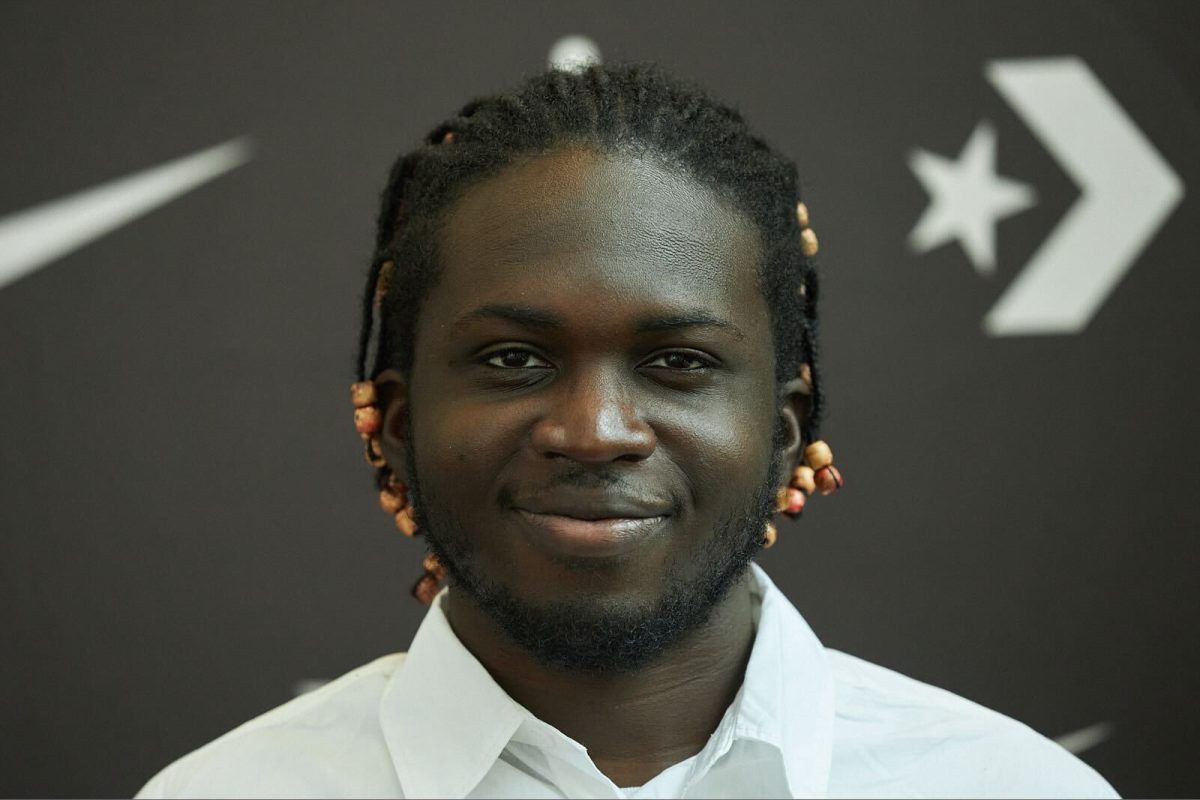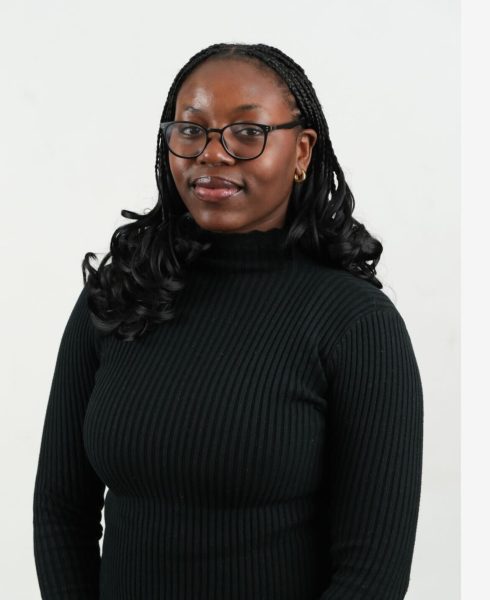Six years ago, Oluwademilade Adepoju left his home in Lagos, Nigeria, embarking on a journey to pursue education in the United States. Leaving behind his family and everything he knew, Demi, as he is fondly called, spent two years in high school in Vermont before continuing his academic pursuits at the University of Utah. His decision to study in the U.S. was shaped by the opportunities available and the contrasting higher education systems between his home country and the US.
For many who move to Utah, culture shock is often a significant part of their experience. Thousands of miles away from home, Demi faced the challenge of adapting while holding onto his Nigerian roots. “A lot of my friends here in Utah are African, so I feel that connection,” he shared. Cooking traditional Nigerian meals and attending a Nigerian church have helped him stay grounded. “Culture around me keeps me going,” he added, emphasizing the importance of his community in maintaining a sense of familiarity and belonging.
“I’m really grounded in my ethnicity and background as a Nigerian, and that is one thing I did not want to lose when I got here,” Demi said. Staying true to himself, he has embraced his heritage rather than letting it fade in a new environment.
Demi’s involvement at the University of Utah began with the Freshman Advisory Board, which played an important role in his early days at the school. “It helped me make friends that I could connect with,” he explained, highlighting the importance of shared experiences in forging meaningful relationships. He also joined the National Society of Black Engineers (NSBE), where he has thrived as a senator, dedicating himself to supporting others.
“It has been a really nice journey of being able to help people and fuel their passions,” Demi said. He described the opportunity to meet professionals from various companies and broaden his worldview, while doing that for other students as invaluable. Voting for the regional and national chairpeople at the most recent NSBE national conference was especially impactful, allowing him to play a part in shaping the organization’s future.
Reflecting on the challenges faced by international students, Demi offered a candid perspective: “The first thing I want people to know about international students is that this whole thing is hard.” He spoke about the difficulties of adjusting to a completely new environment, maintaining grades, making friends, and navigating cultural differences. Contrary to common misconceptions, Demi pointed out that not all international students are wealthy.
“A lot of international students’ parents work very hard or work multiple jobs for their children to go to school,” he said, urging colleges to consider this when setting fees. He also advocated for increased scholarship opportunities for deserving students. Demi sees room for improvement in the resources provided to international students. He proposed offering more seminars and information on OPTs and CPTs, as well as mentorship programs to guide international students specifically through their academic and professional journeys. “Plan everything,” he advises. “Get as much information as possible, ask many questions, and put effort into building community.” For Demi, building strong connections helps him cope with the stresses of school.
Looking ahead, Demi plans to dive into multiple industries of interest, leveraging his skills as a strategic thinker and problem solver. He is passionate about tackling real-world issues using data-driven solutions, prepared to leave his mark on the global stage.




Neema Delphine • Apr 20, 2025 at 7:13 am
Amazing!!